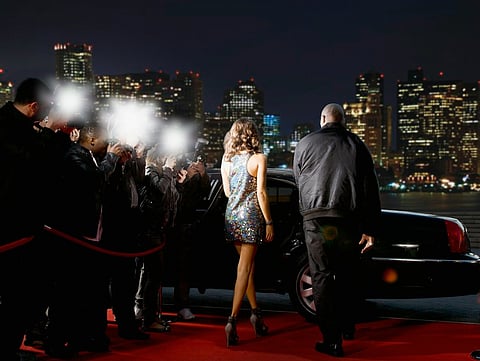The rise of luxury event tourism—why it’s booming
From ultra-exclusive music performances in the Alps to lavish corporate incentive trips in the Caribbean, luxury event tourism is no longer a niche—it’s a full-blown phenomenon. Organised experiences, crafted with intention and opulence, are becoming the new markers of prestige, culture, and connection.
What’s fuelling this surge?
The global event tourism market—travel that centres around attending or participating in organised events—was valued at $1.52 trillion in 2024 and is forecast to reach $2.13 trillion by 2033, growing at a steady CAGR of 3.8%. Within that, the luxury segment is growing faster, fuelled by demand for high-end experiences that blend culture, entertainment, and exclusivity.
Younger generations are at the heart of this shift. A Forbes analysis highlights that Millennials and Gen Z place more value on travel and live events than on material possessions, driving the “experience economy.” For the affluent, this means weddings on Tuscan estates, concerts at world wonders, and incentive trips where the memories outshine the medals.
Examples lighting the way
Music tourism meets luxury: Cercle’s extravagant DJ sets at landmarks from Egypt’s pyramids to Mont Saint-Michel attract affluent fans who will pay thousands for a weekend of music and scenery. As Vanity Fair put it, “the wealthy always want what money can’t buy,” and these tailor-made events deliver just that.
Corporate incentive extravagance: Companies are lavishing rewards on top performers with high-end escapes—think private yachts in Venice or retreats in Bali. According to Condé Nast Traveler, some incentive packages cost up to $75,000 per couple, with research showing incentive trips can lift productivity by 18% and deliver a 112% ROI.
Super-tours that shake economies: Taylor Swift’s Eras Tour is a case study in event tourism’s power. The UK leg alone generated £300 million for London and sold out hotels across Edinburgh and Cardiff. Economists coined the term “Taylornomics” to describe its impact, which rivalled that of global sporting tournaments.
Sports as spectacle: Formula 1’s Las Vegas Grand Prix drew more than 315,000 visitors in 2023, with economic impact topping $1.5 billion for the city. Luxury packages with track-side suites and Michelin-starred catering sold for tens of thousands, showing sport can be as much about lifestyle tourism as competition.
Weddings as travel experiences: The global destination wedding market was worth $34.2 billion in 2023, expected to double within a decade. In Italy alone, over 15,000 foreign couples tied the knot in 2022, generating nearly €600 million in tourism revenue.
Why luxury events are changing the game
Authenticity meets prestige: Today’s luxury events fuse storytelling, culture, and style. Attendees aren’t just spectators—they become part of a carefully crafted narrative.
Economic impact you can measure: From hotel occupancy to local spending, high-end events inject real value into host destinations. Cities are rethinking tourism strategies to include elite music showcases, brand activations, and bespoke gatherings.
The attention economy demands spectacle: In an era of digital saturation, exclusive live events generate cultural capital that advertising simply cannot replicate.
Sustainability and exclusivity
Another defining trend is sustainability. Ultra-wealthy travellers now expect eco-credentials alongside exclusivity. Resorts hosting destination weddings are running on solar power, festivals are going plastic-free, and corporate trips are offsetting carbon footprints. Far from being a contradiction, sustainability has become part of the luxury story—proof that indulgence and responsibility can go hand in hand.
Preparing to lead this booming sector
Luxury event tourism doesn’t happen by accident—it’s orchestrated. Behind every dazzling production is a planner balancing budgets, logistics, creative design, and cultural nuance. That’s why formal training matters.
For aspiring leaders, a structured event management course can be a crucial starting point. Institutions like Les Roches teach not just how to design memorable events, but how to manage teams, work across cultures, and align experiences with business objectives. Graduates enter the industry equipped to deliver everything from corporate
Inspired by what you read?
Get more stories like this—plus exclusive guides and resident recommendations—delivered to your inbox. Subscribe to our exclusive newsletter
Resident may include affiliate links or sponsored content in our features. These partnerships support our publication and allow us to continue sharing stories and recommendations with our readers.

